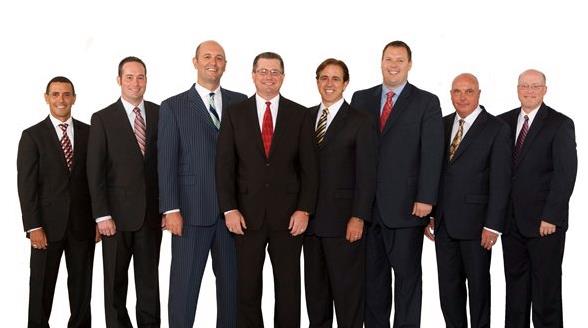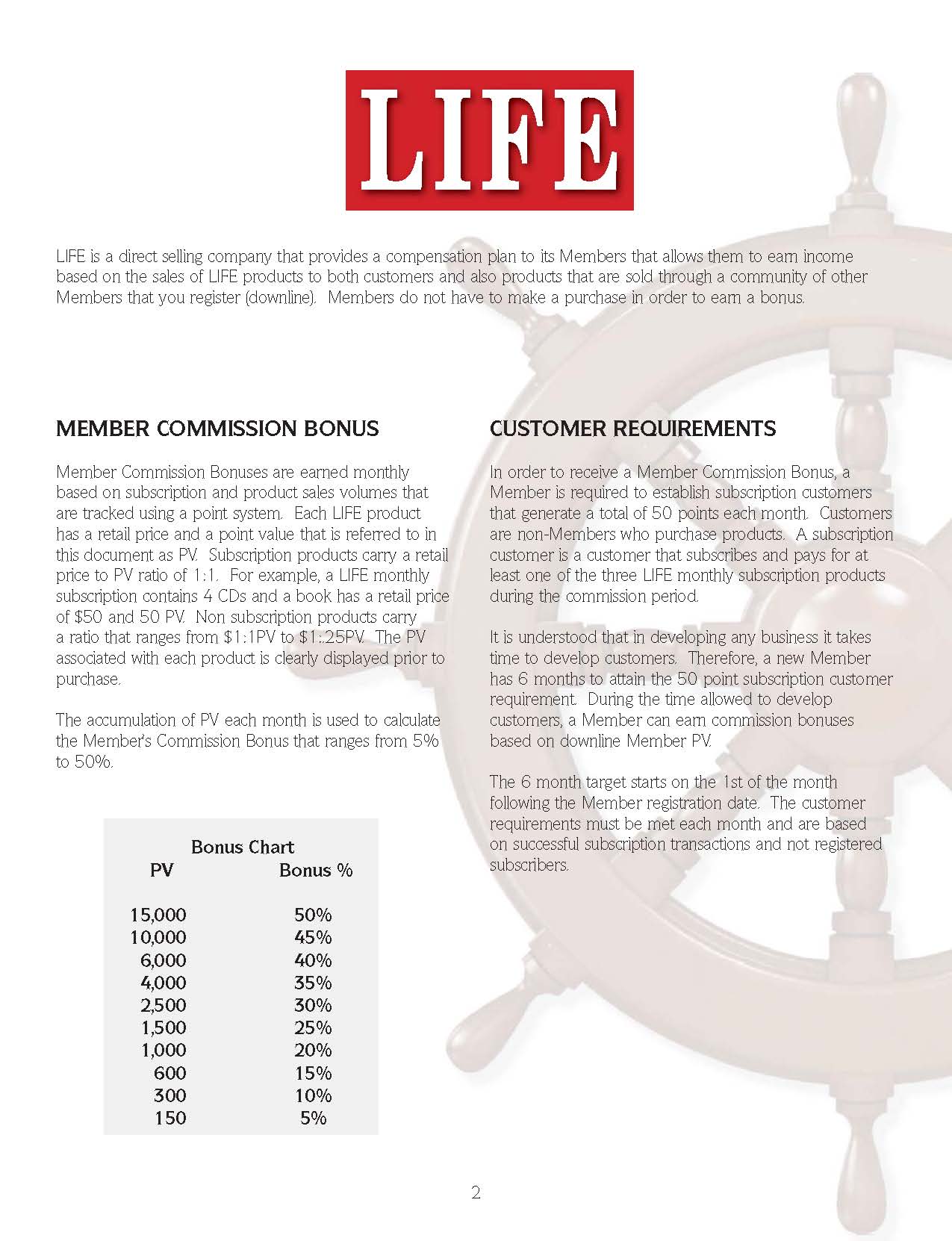Historian Jacob Burckhardt is one of the best thinkers and historians of all-time. I love reading his thoughts on the historical process and the necessity for free people to create freedom loving cultures. This is what the LIFE business is all about. We teach people how to be free on the inside so they can help build a culture of freedom on the outside. Here are just a couple of segments (from Alberto Coll’s introduction) of Burckhardt’s book Judgments on History and Historians. Enjoy. Sincerely, Orrin Woodward
The long-term trends and powerful impersonal forces all count, but so does the lonely genius—such as Luther or Michelangelo—striving to affirm his inner vision. History is full of broken trends that at one point seemed to stretch infinitely into the future but then moved in radically new and unexpected directions; many of these great historical surprises have occurred because of the force of human personality. In other words, there is freedom in the midst of necessity. Secondly, Burckhardt affirmed that the highest form of freedom is inward—that is, the freedom to maintain one’s soul and mind sufficiently detached from and independent of the ruling passions and conventional wisdom of the moment. Therefore, a society that aspires to be called free must defend those institutions, such as independent wealth and centers of economic and social power free from the state, that facilitate intellectual, artistic, and spiritual freedom. This view distinguished Burckhardt from the socialists, with their hankering after centralization, as well as from the liberal egalitarians, with their obsessive desire to destroy every vestige of privilege and inequality. Lastly, Burckhardt believed that a free society needs to guard against the demagogue—the “great man”—who in the name of the people would increase his own power and that of the state, and impose uniformity
Burckhardt found his ideal political community in the small city- states of Athens and Florence, where with varying degrees of success freedom had flourished together with high culture (literature, music, and the fine arts). The modern world, with its relentless march toward gargantuan cities in which human beings lead an alienated, lonely, stupefied existence anchored in triviality, vulgarity, and material satiety, frightened him. Yet he was too much of a skeptic to believe that there is a solution to this problem in the form of either a political ideology or a “great man” who could bring about a new renaissance. If there was a renaissance ahead, it would come about, Burckhardt surmised, as the unexpected fruit of the human spirit and the quiet work of a few individuals—“secular monks,” he called them—who did not care about power but cherished the characteristics of the culture of “old Europe,” foremost among these being the love of freedom and beauty. In the annals of Western historiography, few voices can match Burckhardt’s in his affirmation of the grandeur of the human spirit or his insistence on the irreducible nature of freedom as an end in itself.









